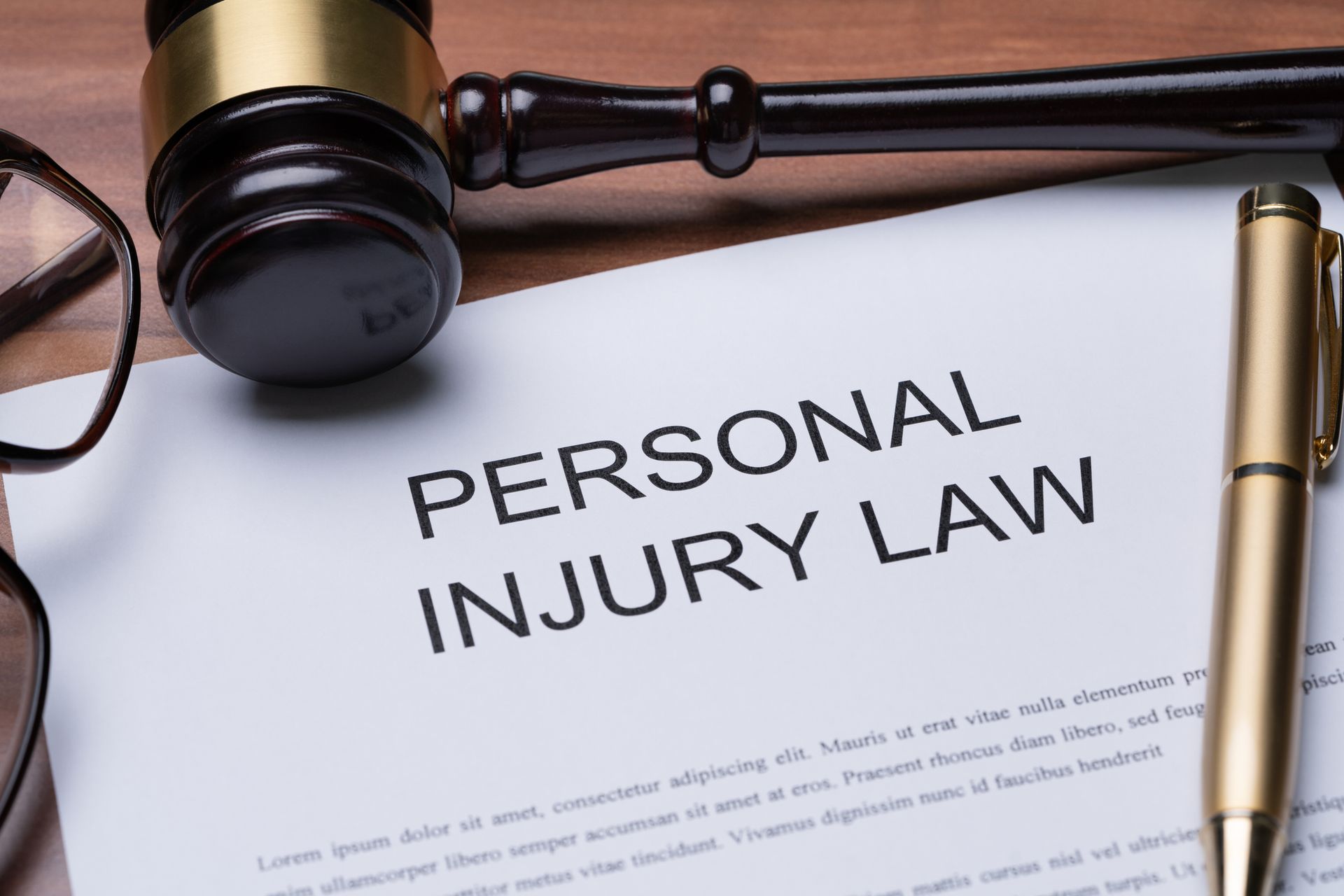Permanent Disability Settlements in Workers' Compensation Cases
Disability can take many forms and affect workers to varying degrees. In many cases, the period of disability corresponds to a set healing period, ending once the worker has completed healed. Other workers may suffer devastating permanent injuries that prevent them from ever returning to work, while still others may continue in their jobs while experiencing permanent physical limitations.
Permanent disability settlements under workers' compensation laws can involve a number of complex factors, from determining the type and degree of disability to agreeing on a settlement award figure. Here are the answers to some key questions as you navigate this legal labyrinth.
What Counts as Permanent Disability?
When you suffer a work-related injury, workers' compensation should compensate you with disability benefits during your healing period. This compensation may pay for your surgery, physical therapy, medications, and other expenses directly related to your recovery from the injury. However, if you experience a permanent disability, you may receive additional compensation.
Permanent disability falls into two main categories. Partial permanent disability means that you have forever lost some of the abilities required to perform your job on a full-time basis. You might have to work a reduced schedule, for instance, or your doctor might prohibit you from lifting more than a certain amount of weight. You might even need to switch to a different job altogether.
Total permanent disability means that you can never work at any kind of job again. You may have to wait some time, however, before medical experts can categorically state that your condition will never improve, or that all available treatment options have been exhausted. Your condition must remain both stable and irreversible.
How Does North Carolina Handle Scheduled Injuries?
Different states use different scheduled injury lists to assign benefit payments based on which body part has suffered injury, and on the severity of that injury. Section 97-31 of North Carolina's Workers' Compensation Act includes a comprehensive list of body parts for which injured workers may receive two-thirds of their usual salary for a set number of weeks.
Another section of the Act addresses injuries automatically considered to represent total incapacity. These issues include the loss of both upper or lower extremities, severe paralysis, severe brain injuries, and severe burns to more than one-third of the body surface.
How Do Insurance Companies Assign a Disability Rating?
At some point, your physician will agree that you have reached a state of Maximum Medical Improvement (MMI) , beyond which you cannot expect to recover any further. While your physician must make this determination, either you or the insurance company can request an independent medical examination to obtain a second opinion for the physician's review.
Once any final examinations have concluded, you'll receive a rating of partial or total permanent disability. The partial disability rating influences how much of your usual wages you may receive. For instance, if you lost 20 percent of your hand function, you'll receive 20 percent of the maximum hand-injury benefits listed on North Carolina's scheduled injuries list.
What Do You Need to Watch Out for During the Settlement Process?
You and your workers' compensation attorney should review the language of the settlement presented to you by the insurance company before you agree to any settlement award. You need to understand, for example, whether the award includes retroactive compensation received or specifies future compensation only.
The fine print in your workers' compensation settlement may also have a negative impact on your social Security disability benefits. Make sure that you understand whether, or to what degree, you might receive lower Social Security disability payments to offset your settlement. Your attorney can review the specific language used and decide whether you might benefit from changes.
Determine whether your settlement closes permanently upon the award of compensation, or whether you can re-open it at some future point. You may want to ensure that you can adjust it to address as-yet-undetermined medical needs.
The Law Offices of James B. Gillespie, Jr., PLLC, can help you understand your disability rating, your settlement award offer, and your legal rights in fighting for the compensation you truly need. Contact us to learn more and schedule a consultation.





